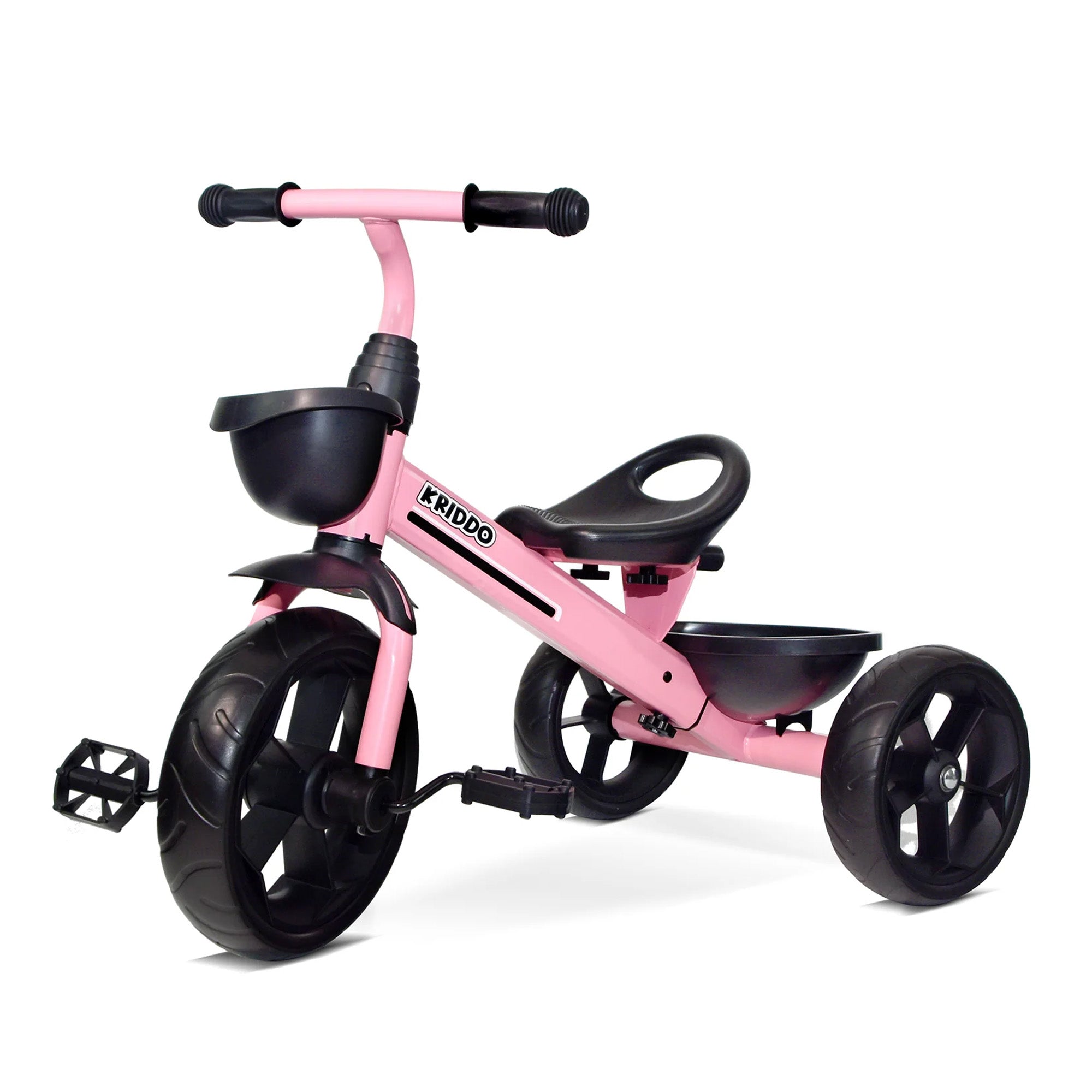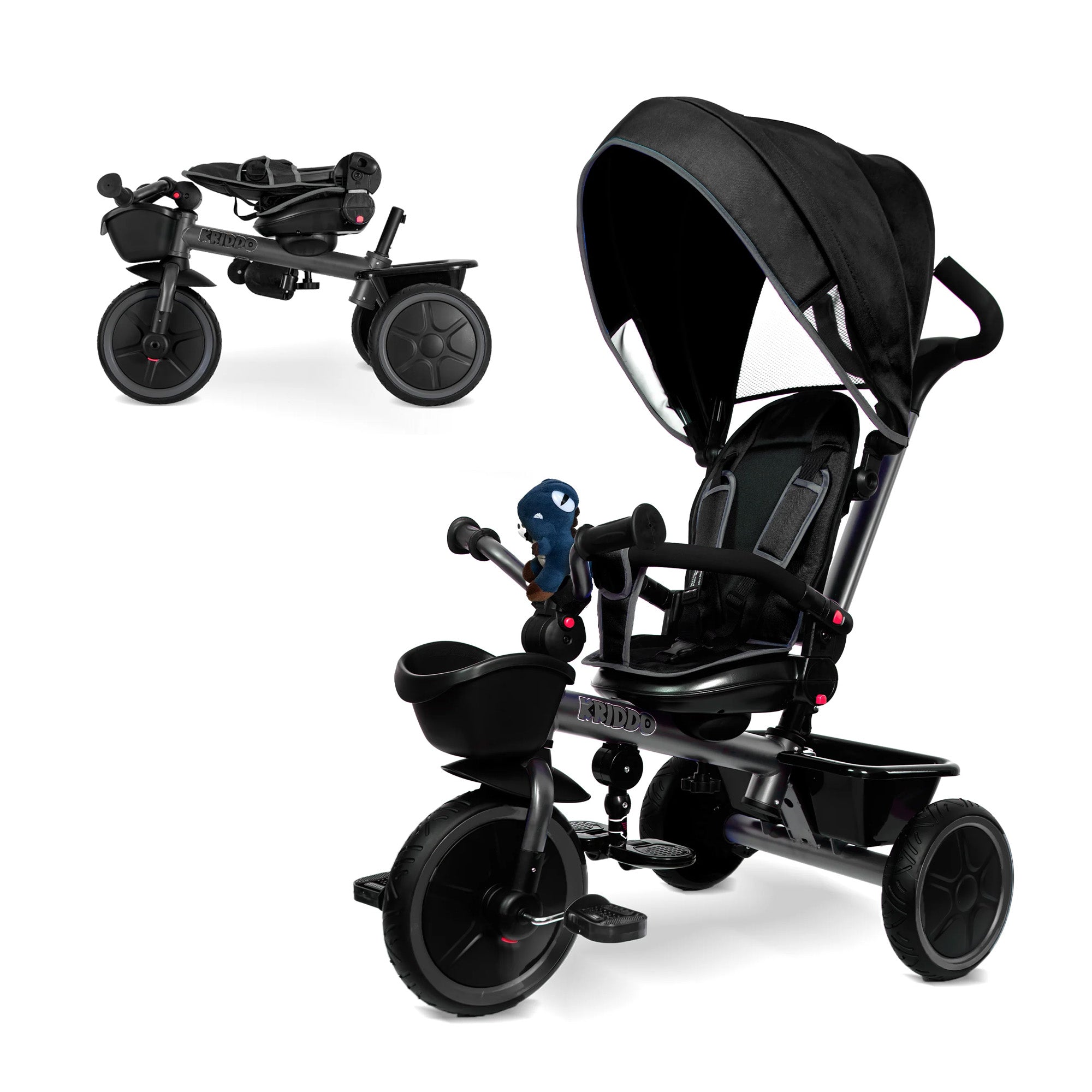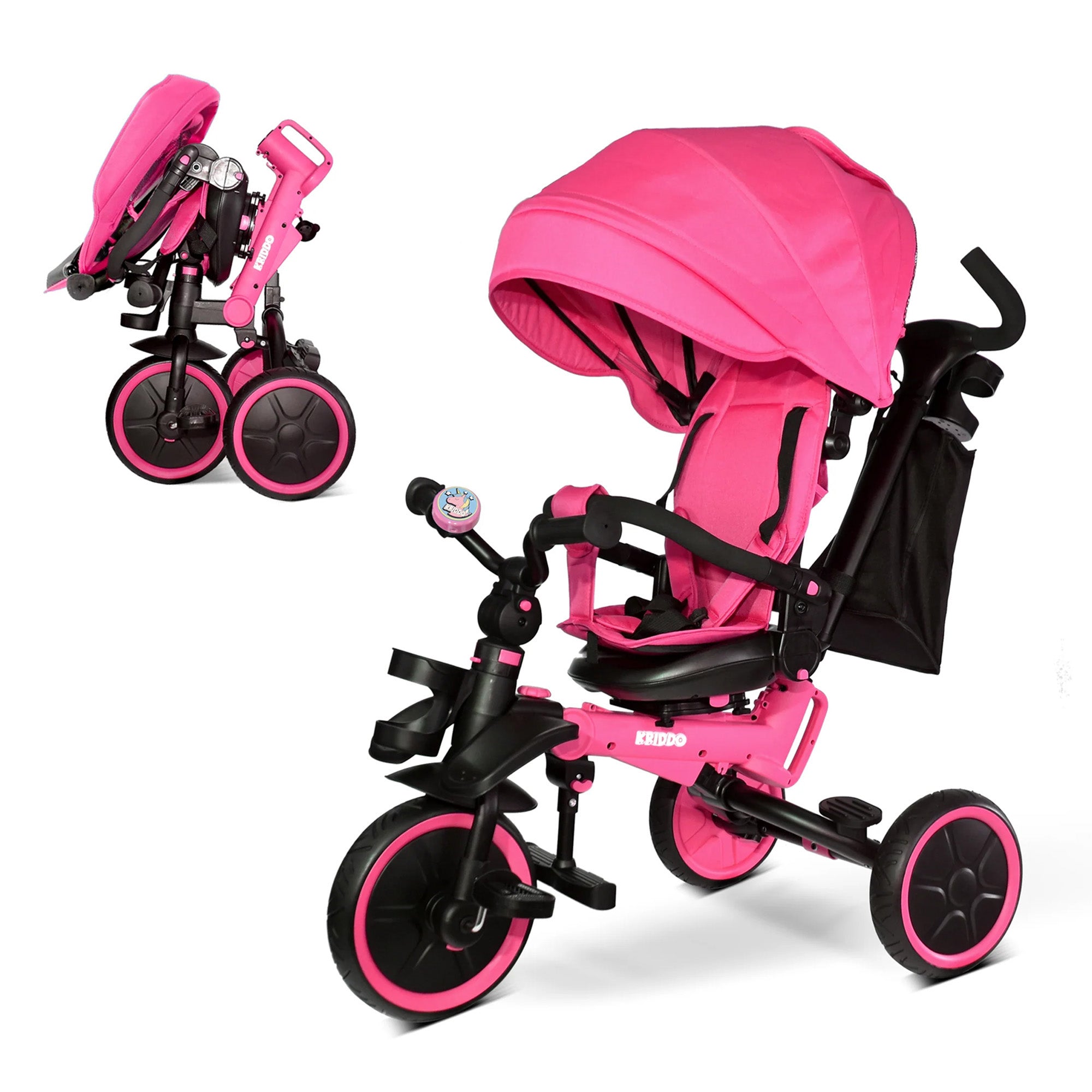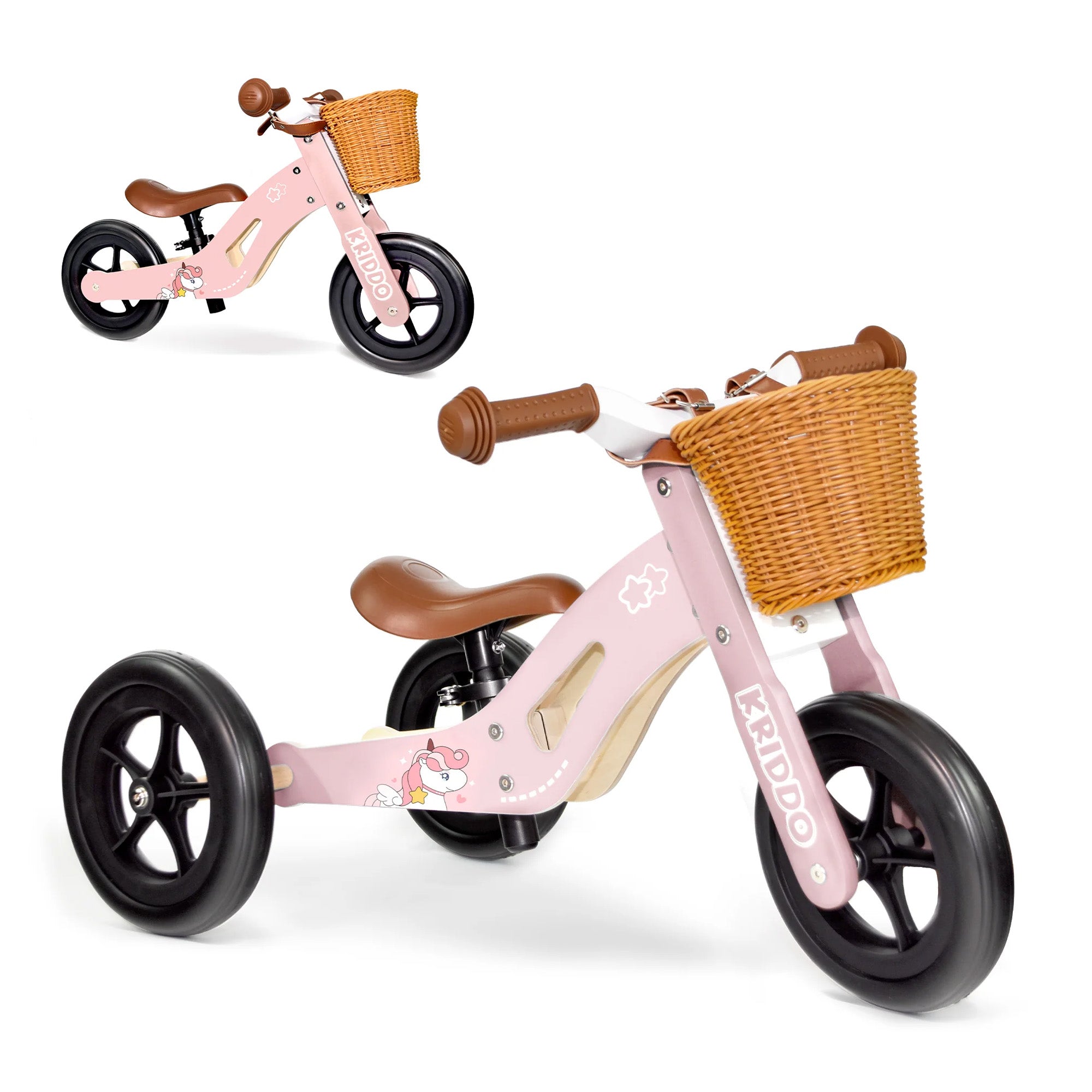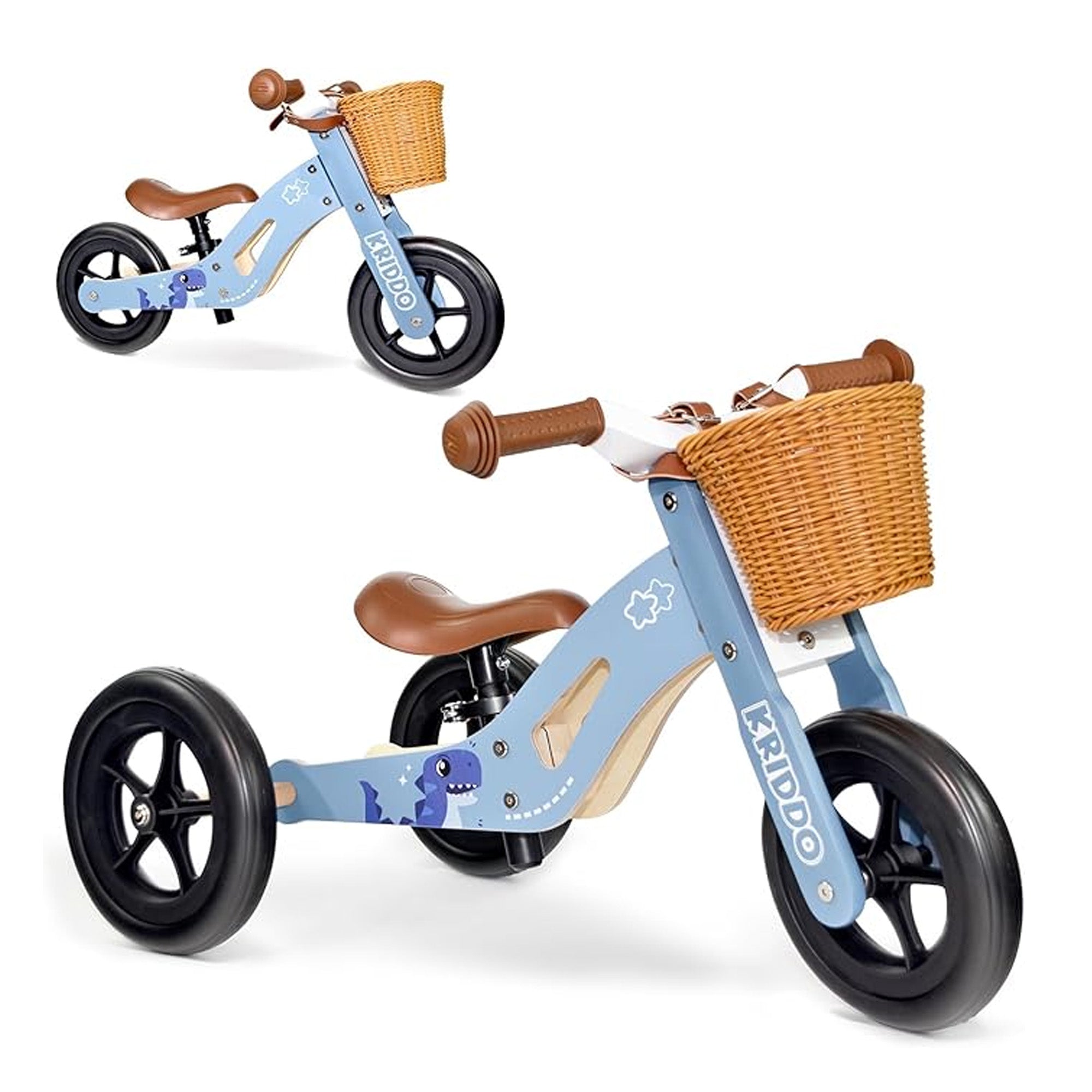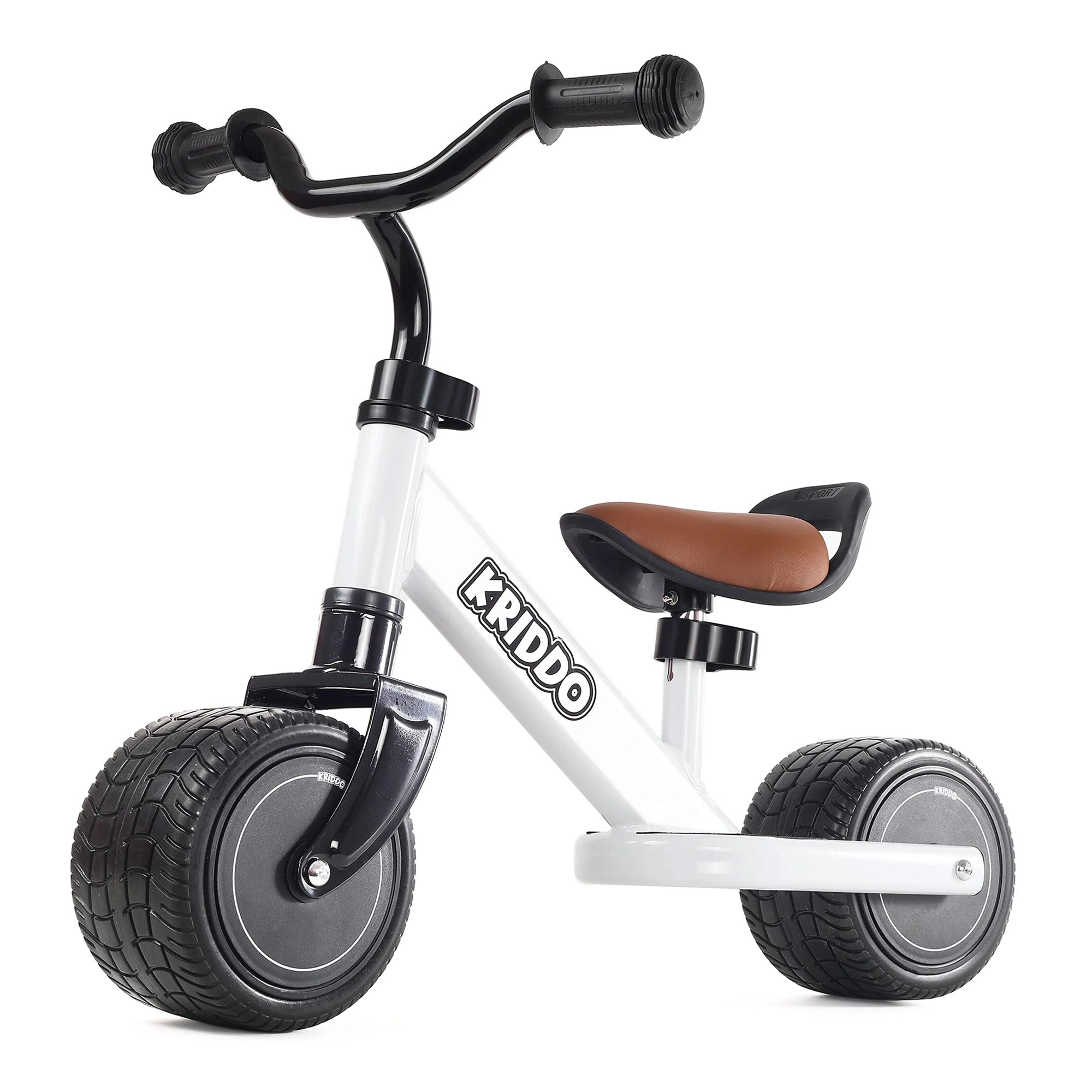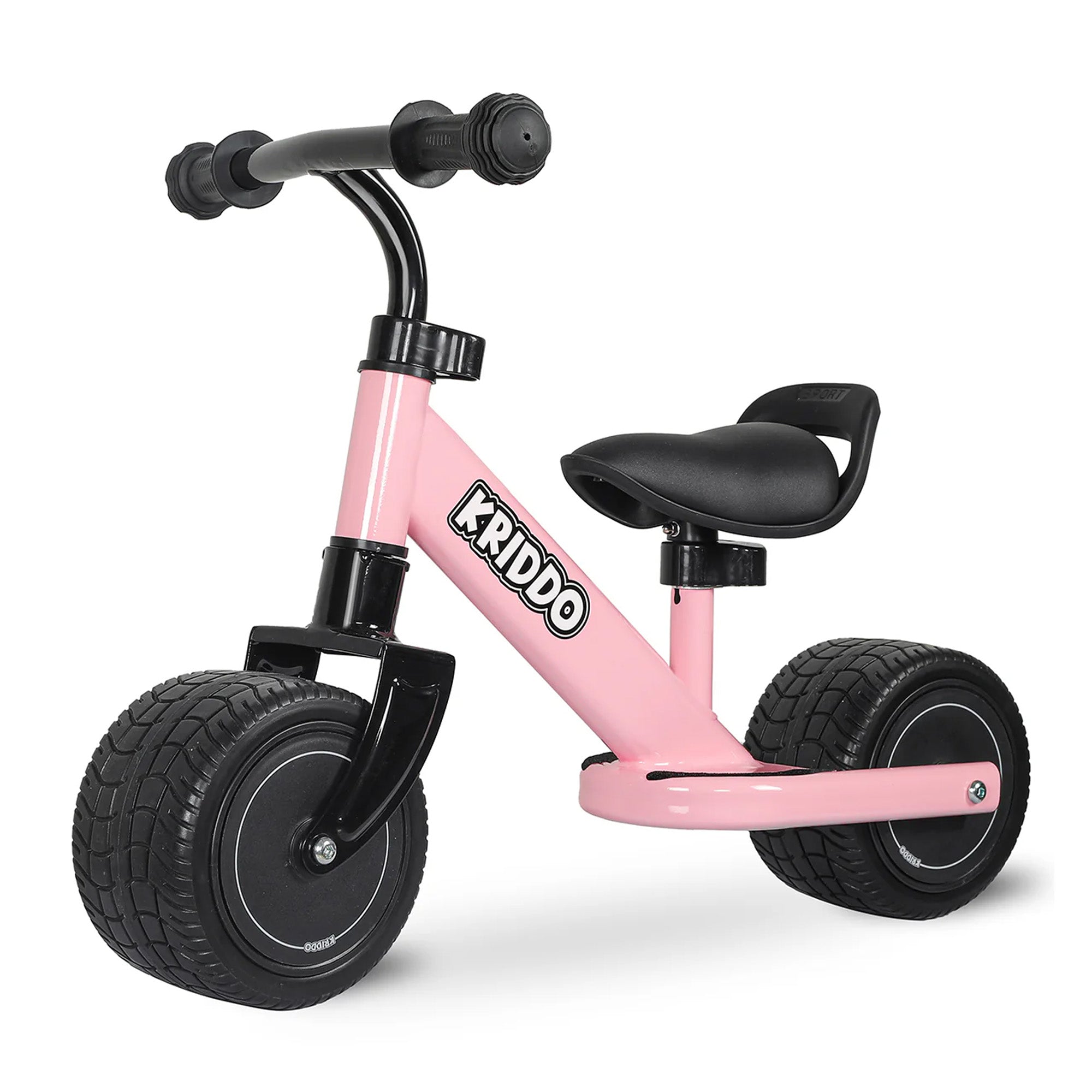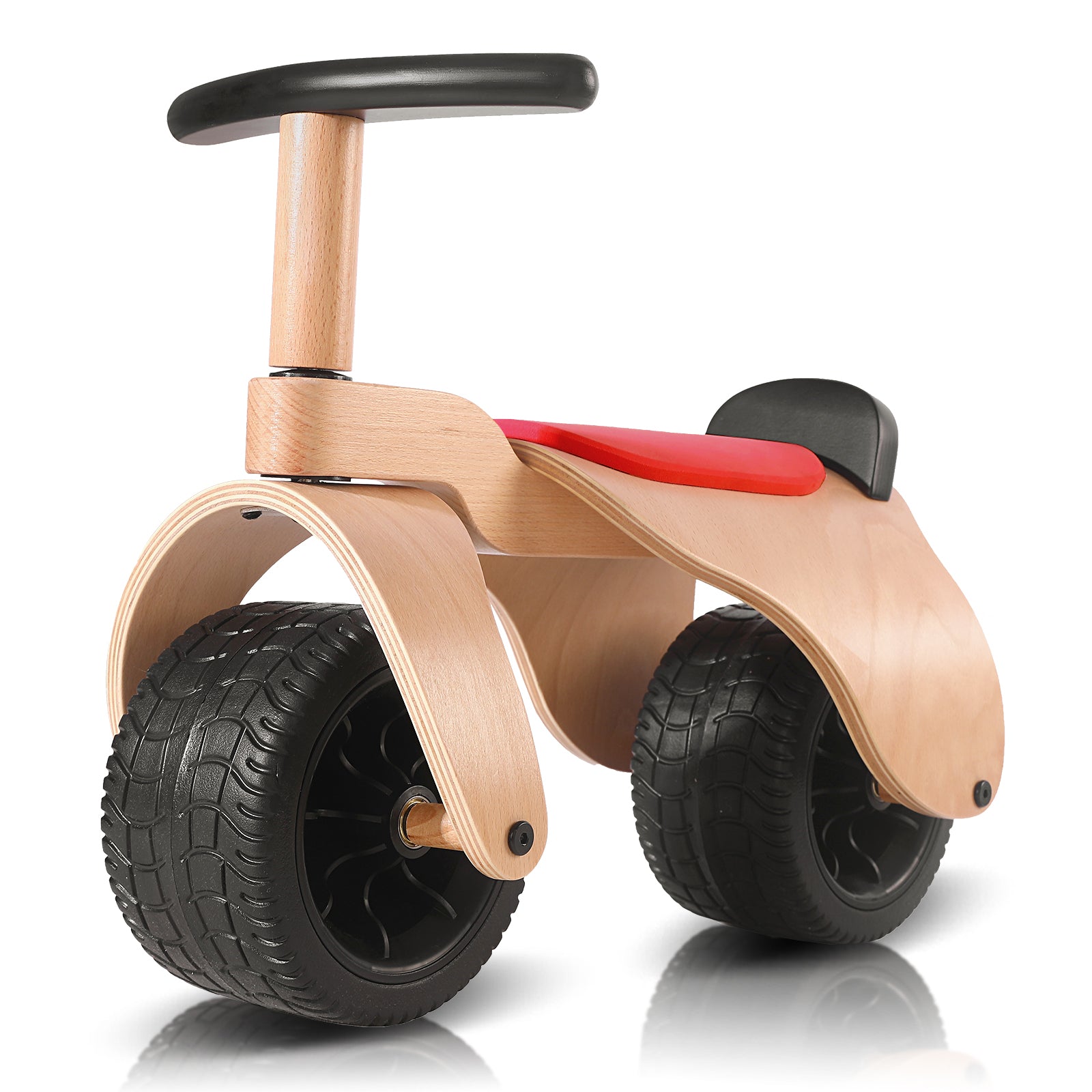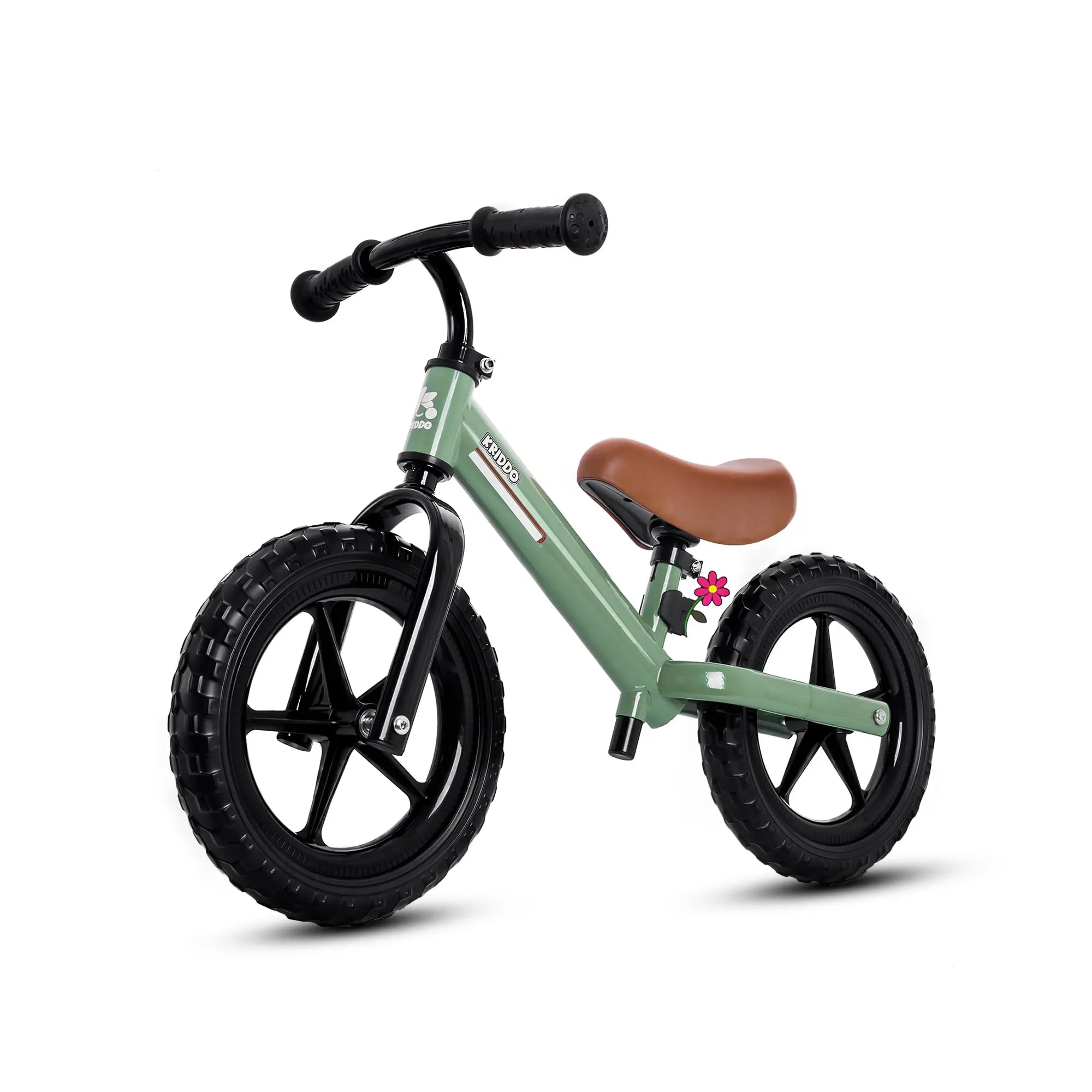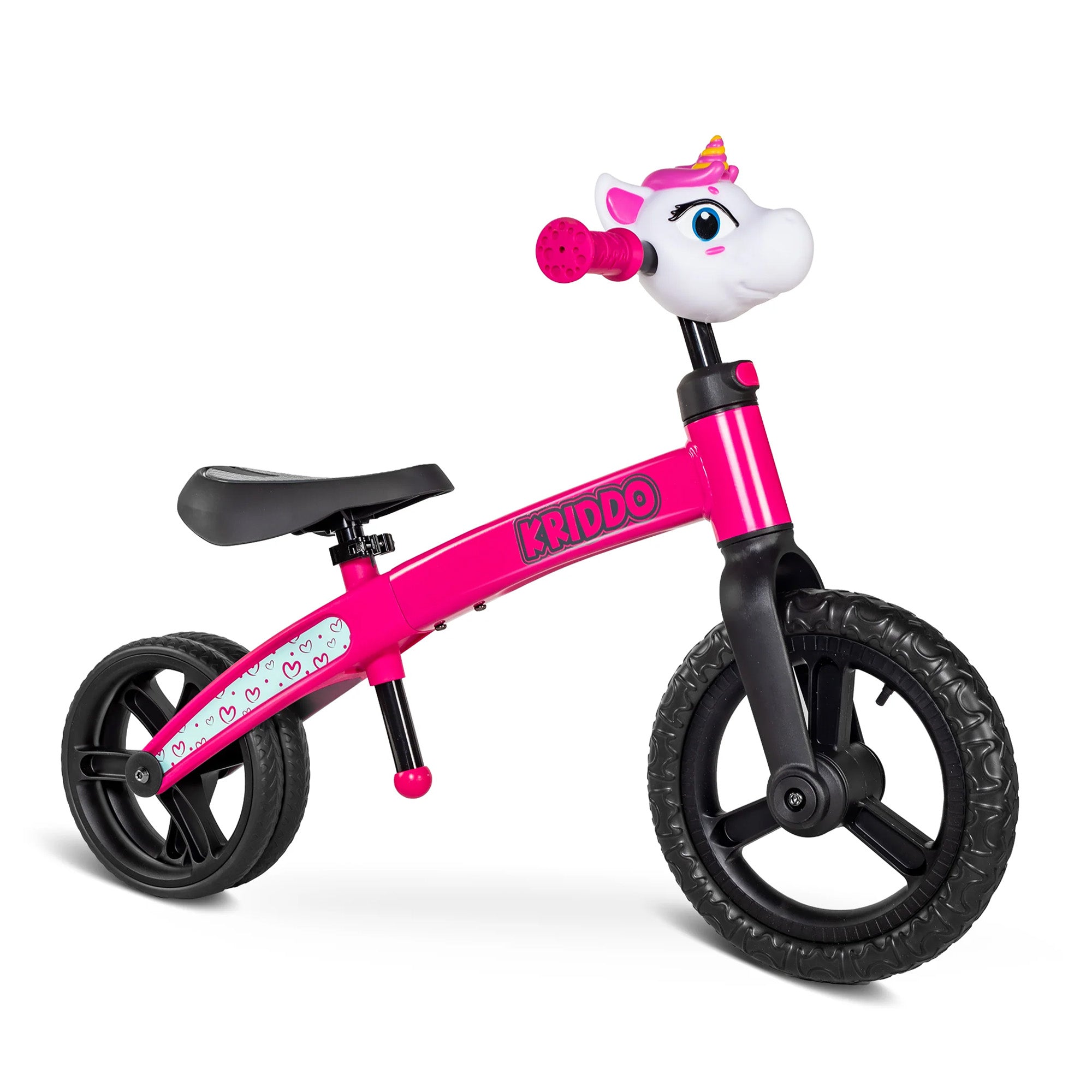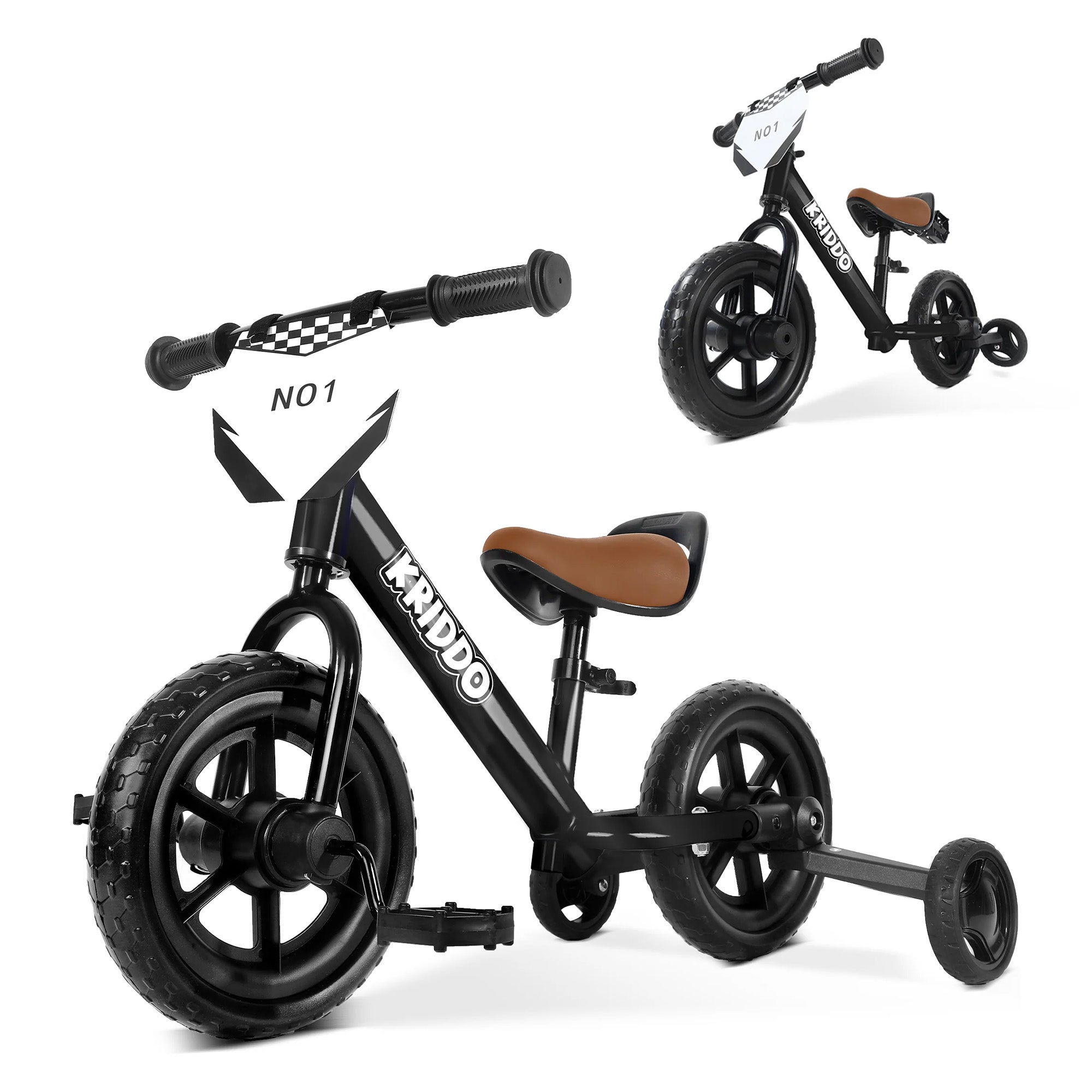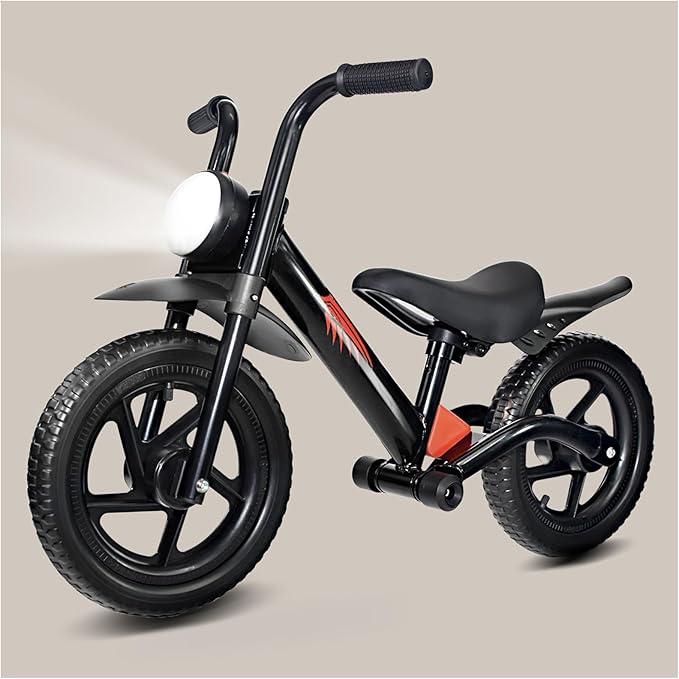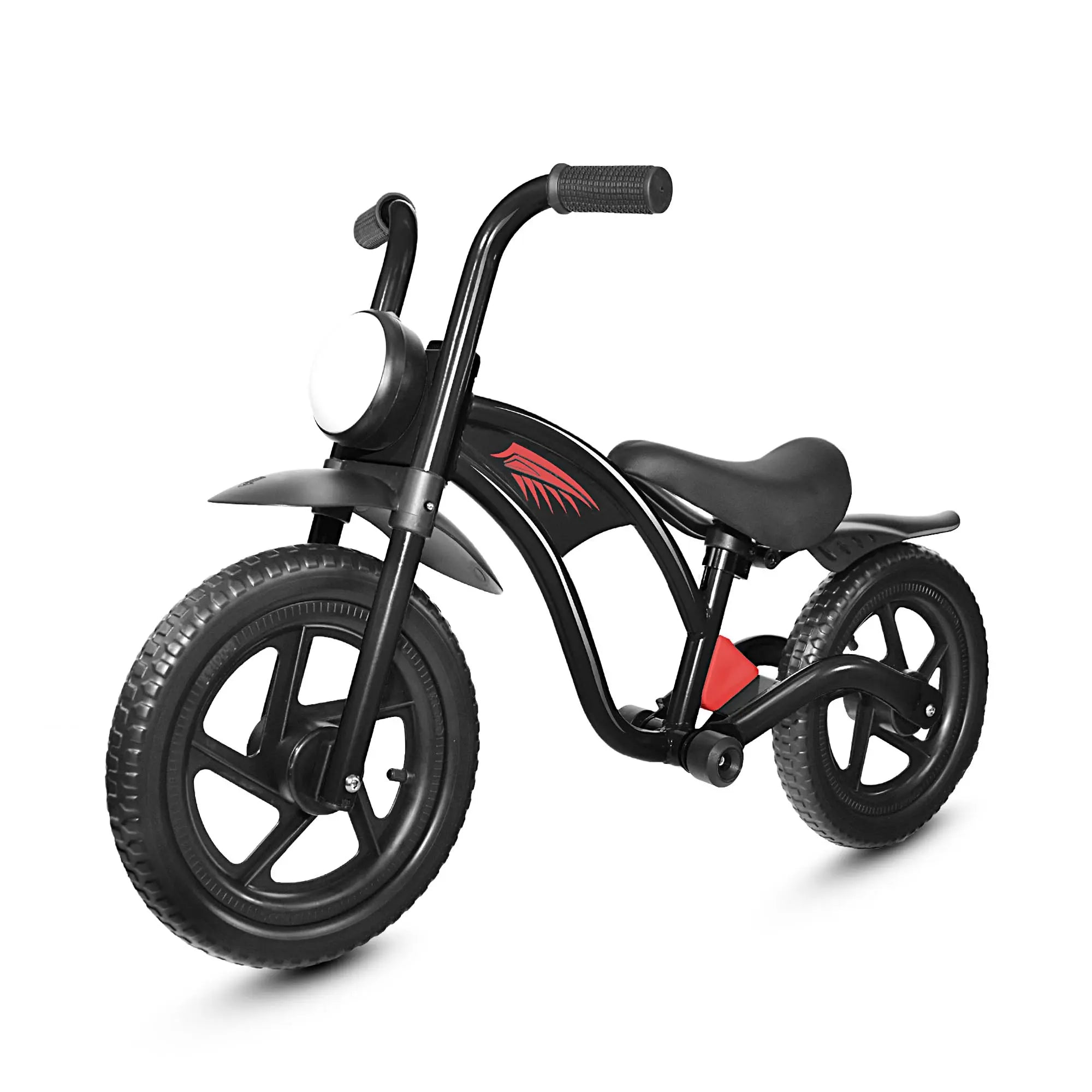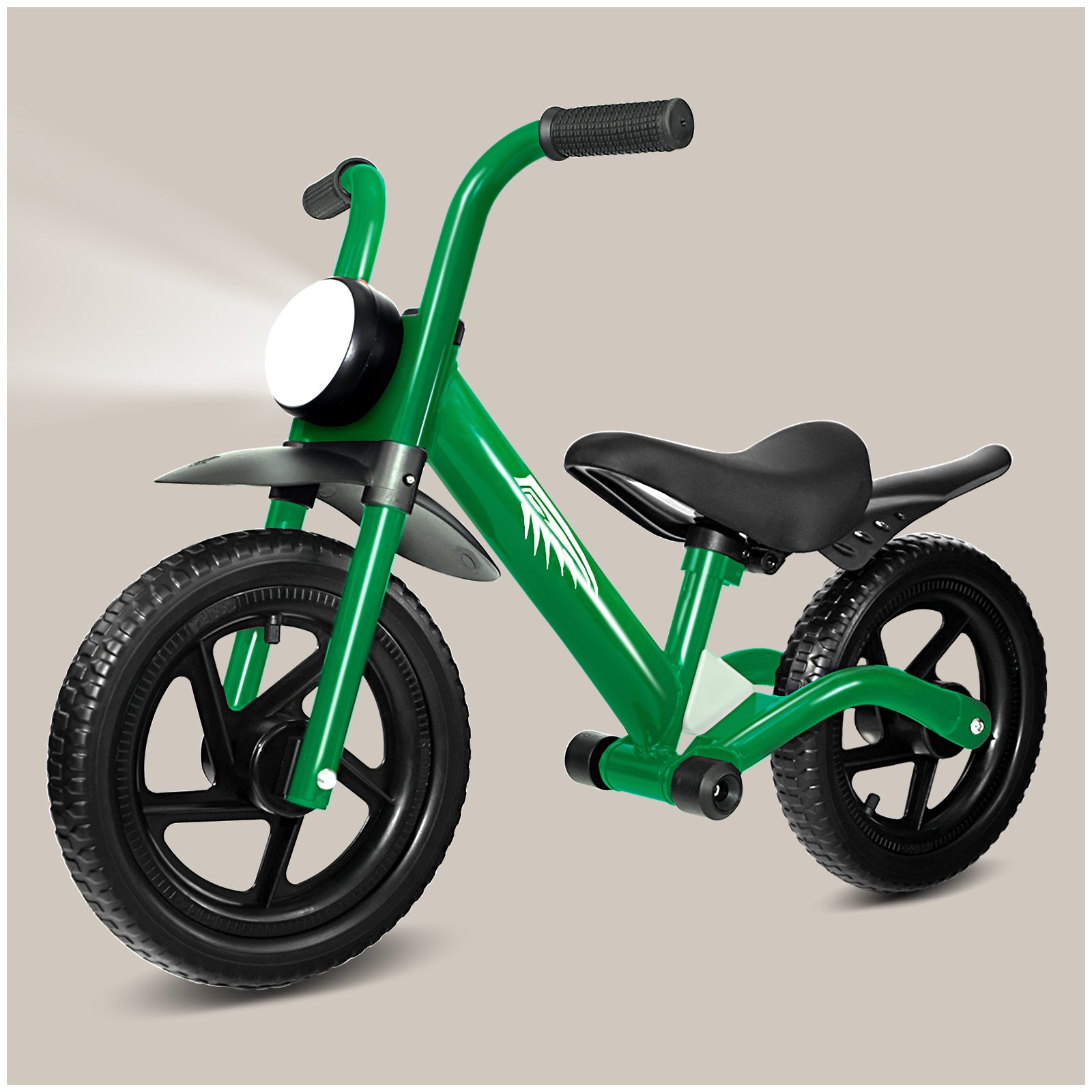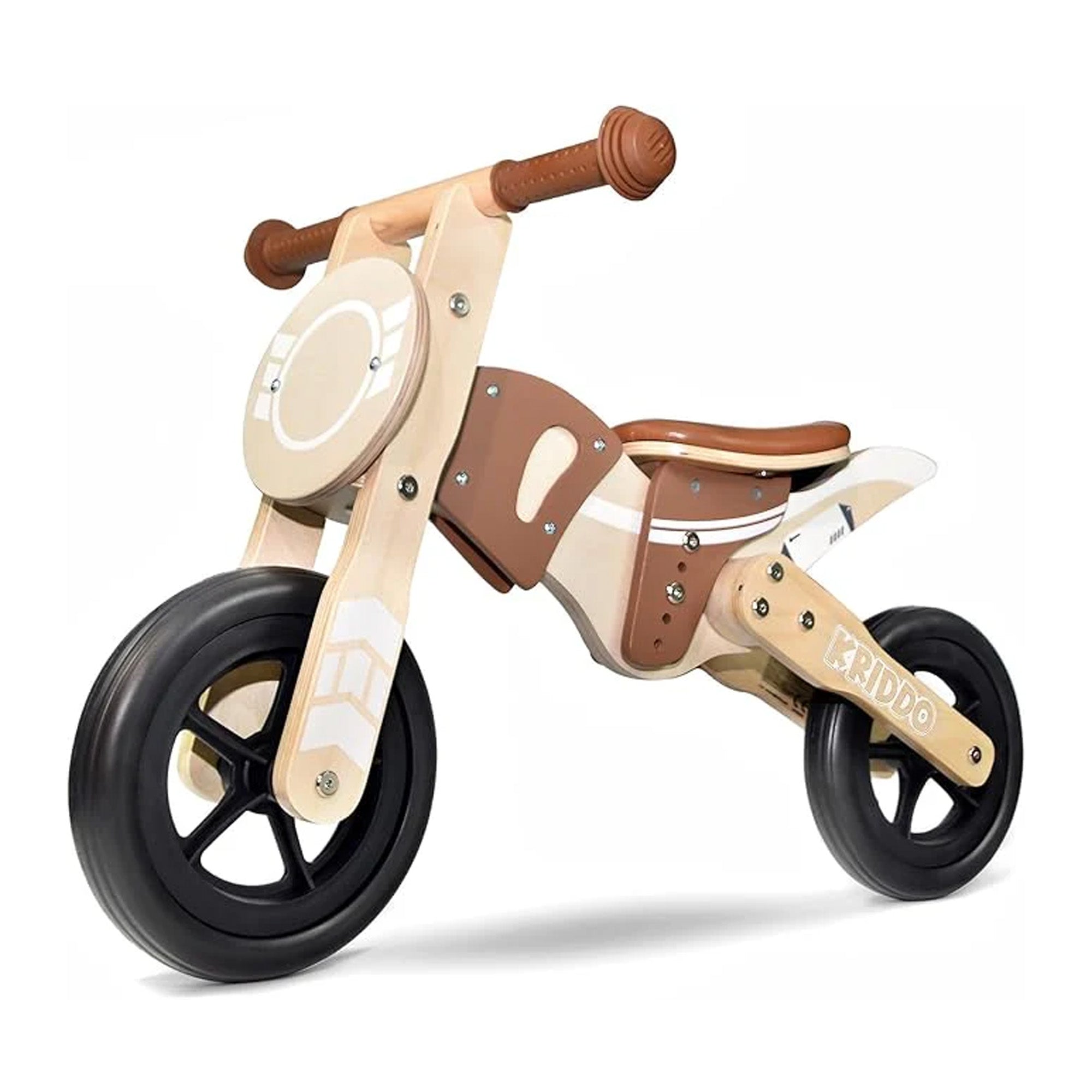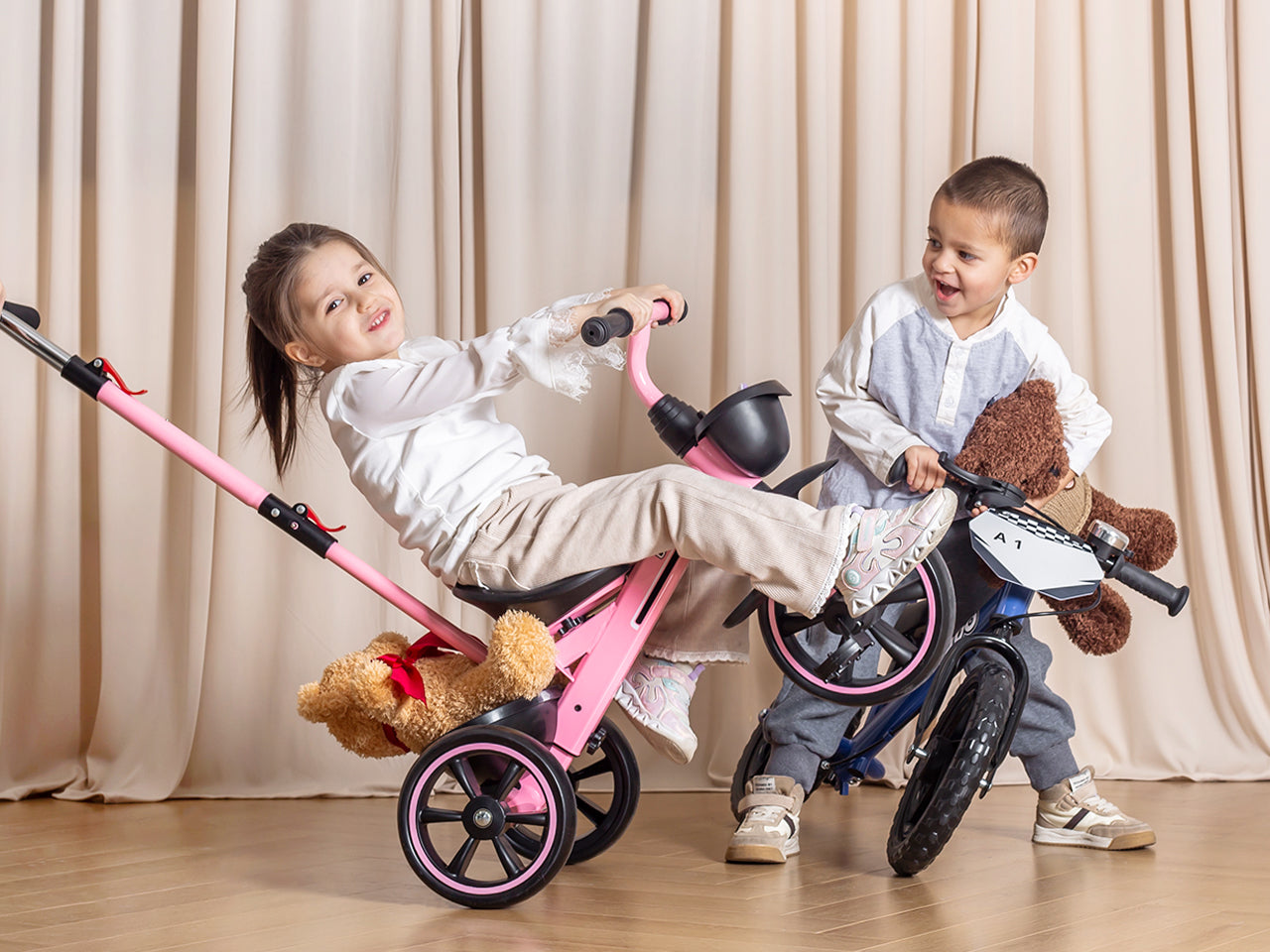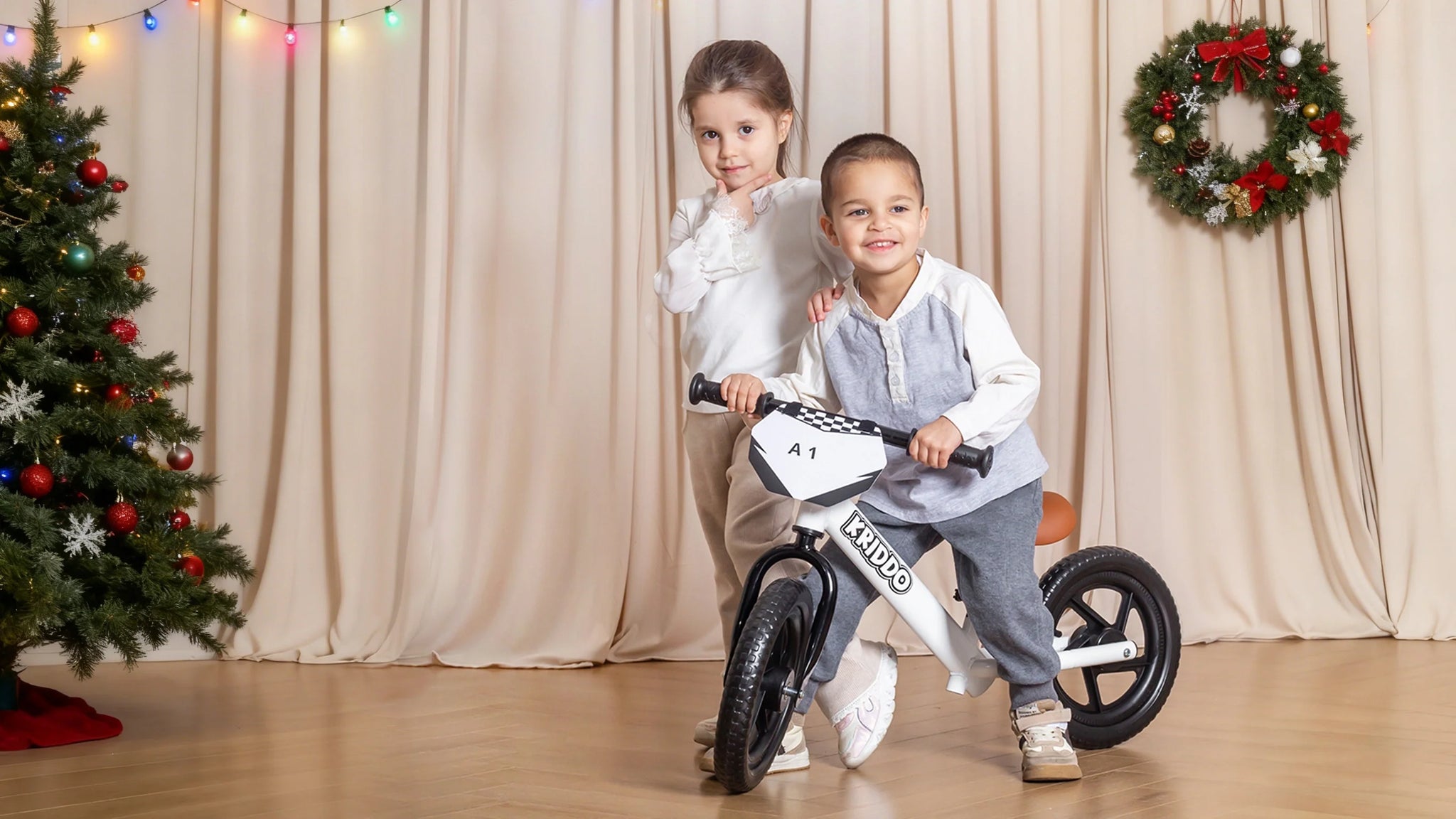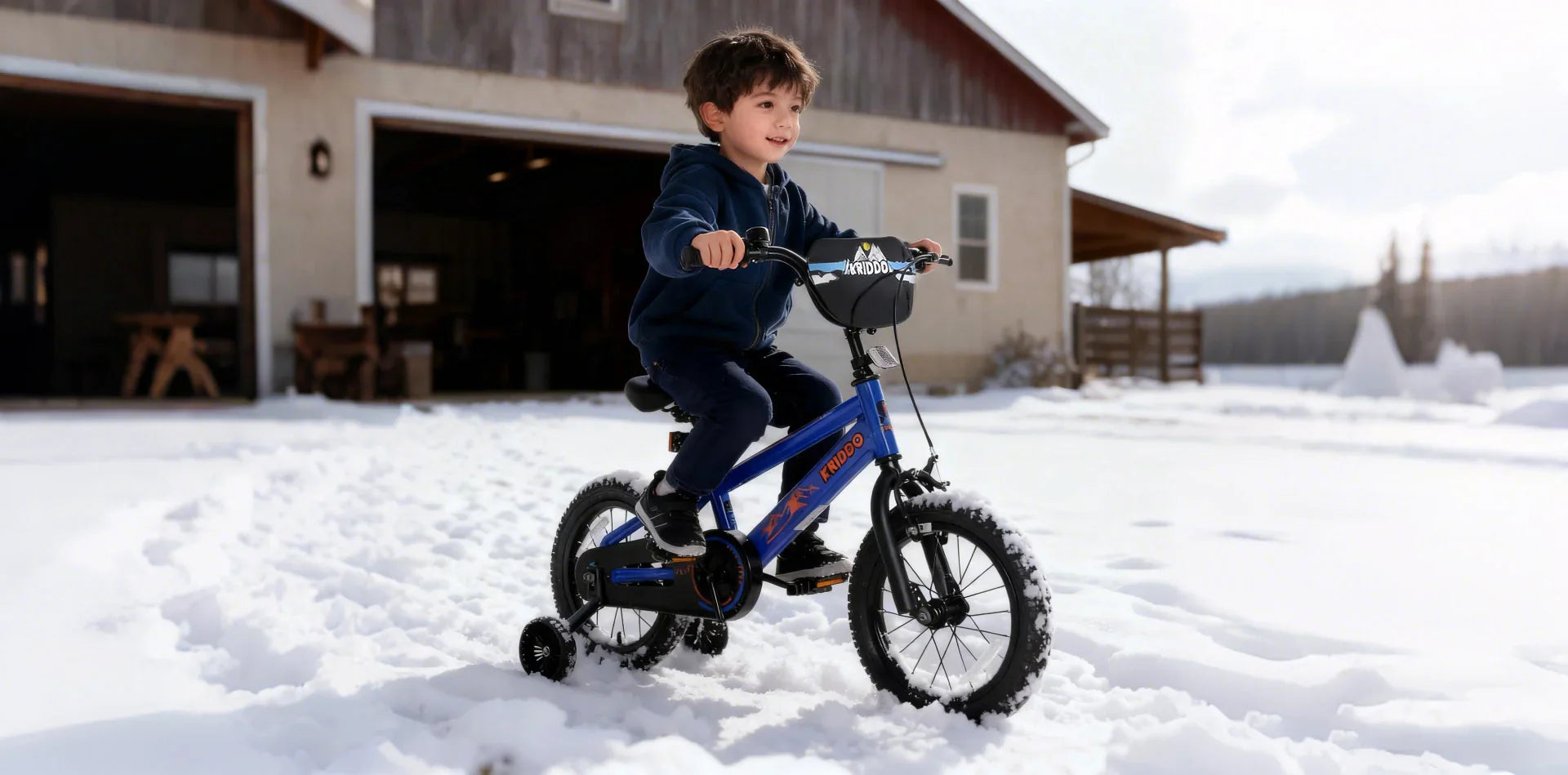What Age Can Most Children Pedal a Tricycle?
Philip | 6th, Oct
For many families, the first time a child pedals on their own feels like magic. Riding a little trike may not be the same milestone as balancing on a “big kid” bike, but it’s still a rite of passage. It’s that moment when play, independence, and physical growth all come together. So, the question that lingers for many parents is simple: what age can most children pedal a tricycle?
The Short Answer: Around 3 Years Old

According to the American Academy of Pediatrics, most children are ready to pedal a tricycle around age three. By this point, many kids have developed the gross motor skills—coordination, leg strength, and rhythmic movement—that make pedaling possible.
But here’s the thing: while 3 years old is the average, readiness is far more personal. Just like walking or talking, children hit this milestone at different times. Some are pedaling confidently at 2.5 years, while others may not feel steady until closer to 4.
And let’s be honest, there’s no stopwatch timing this moment. What matters most is whether your child can safely reach the pedals, push with enough force, and steer with some control.
Why Tricycles Matter Before the “Big Bike”
You know what? Tricycles are more than just fun—they’re practical training wheels for life. They let kids practice one of the most important cycling skills: pedaling. That way, when they eventually graduate to a traditional two-wheeler or even a balance bike, the only “new” skill left to master is balance itself.
And balance, as most parents know, can feel daunting at first. By separating the two challenges—first pedaling, then balancing—you’re giving your child confidence in stages.
Safety Considerations You Can’t Skip
Now, tricycles are generally safer than bicycles since they’re low to the ground and more stable. But that doesn’t mean they’re risk-free. In fact, the AAP actually discourages children under 3 from riding traditional tricycles. Why? Many toddlers are simply too short to reach the pedals comfortably, or they lack the muscle control to maneuver properly. That’s when tip-overs or tumbles happen.
So, while that shiny red trike might be calling your name at the toy store, it’s better to pause and ask yourself a few key questions:
- Can my child’s feet reach the pedals easily?
- Do they have the strength to push down and keep momentum?
- Are they tall enough to stop safely by planting their feet?
If the answer to all three is yes, you’re likely in the clear.
Alternatives for Younger Toddlers
Here’s where things get interesting. For families who don’t want to wait until age 3, there are toddler-friendly alternatives that combine fun, safety, and development. For example, a tricycle stroller or a kids balance bike can be a great stepping stone.
Take the 7-in-1 Trike Stroller with Adjustable Seat from KRIDDO. Designed for children as young as 18 months, it adapts to each stage of early growth. Parents can push when little legs get tired, and as confidence builds, kids can pedal independently.
This kind of hybrid not only makes the transition smoother but also gives toddlers a taste of independence without sacrificing safety. And honestly, toddlers love the sense of “driving” their own ride—even if Mom or Dad still has control of the handle.
Picking the Right Tricycle for Your Child
If you’re shopping for that first trike, don’t rush. The wrong size or design can frustrate your child or even discourage them from trying again. A few practical things to keep in mind:
- Size matters. Younger kids need smaller trikes where their feet can easily reach the pedals and ground.
- Safety first. Look for models with wide front wheels for stability. Parent handles and big wheel locks can also make a world of difference.
- Comfort counts. Features like padded, washable seats or lightweight frames aren’t just perks—they make the tricycle more inviting and easier to use.
- Style is personal. At the end of the day, if your child doesn’t love the look of their trike, it may sit unused in the garage. Involving them in the shopping process can turn picking a tricycle into a bonding activity.
A Word on Balance Bikes

Some parents skip tricycles altogether and go straight to balance bikes. That’s not wrong. Balance bikes are fantastic at teaching, well, balance—arguably the hardest part of learning to ride a bike. But remember, they don’t train kids in pedaling.
That’s why many families see tricycles and balance bikes not as competitors, but as teammates. A year on a tricycle, then a year on a balance bike, can set up a seamless transition to a regular two-wheeler.
Watching the Signs of Readiness
So, back to the big question: What age can most children pedal a tricycle? The honest answer is: when they show they’re ready. For most, that happens around age 3. But readiness isn’t just about age—it’s about strength, coordination, and confidence.
Some signs your child might be ready include:
- They can pedal a toy car or push-bike with ease.
- They show curiosity about other kids’ trikes or bikes.
- They have enough stamina to play outside for a while without constant breaks.
If you’re seeing those signals, it’s probably time to let them try.
Final Thoughts
A tricycle isn’t just a toy—it’s a gateway to independence, confidence, and eventually, the freedom of two wheels. Most children can pedal a tricycle around age 3, but there’s no harm in waiting until your child feels truly ready. And if they’re younger and eager to ride? Options like the tricycle stroller give toddlers a safe way to join in the fun.
So, don’t stress the calendar. Watch your child, trust their pace, and when the time is right—you’ll both know.
Featured Products








